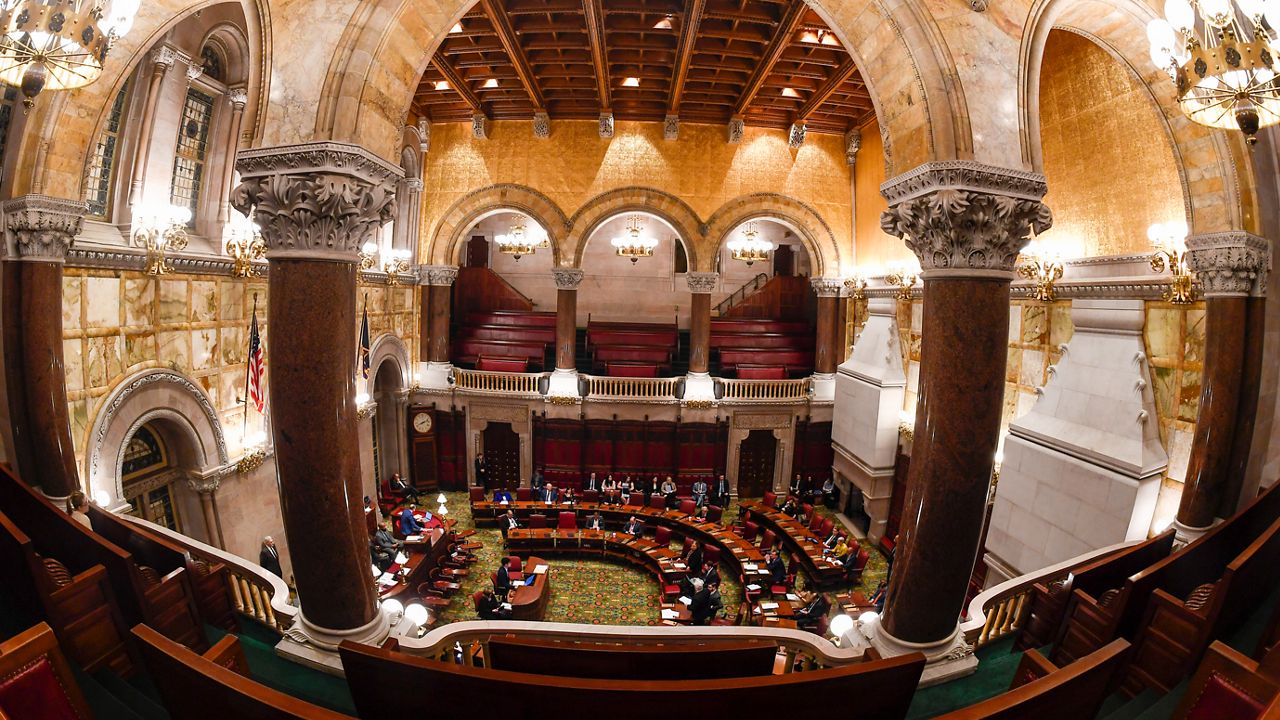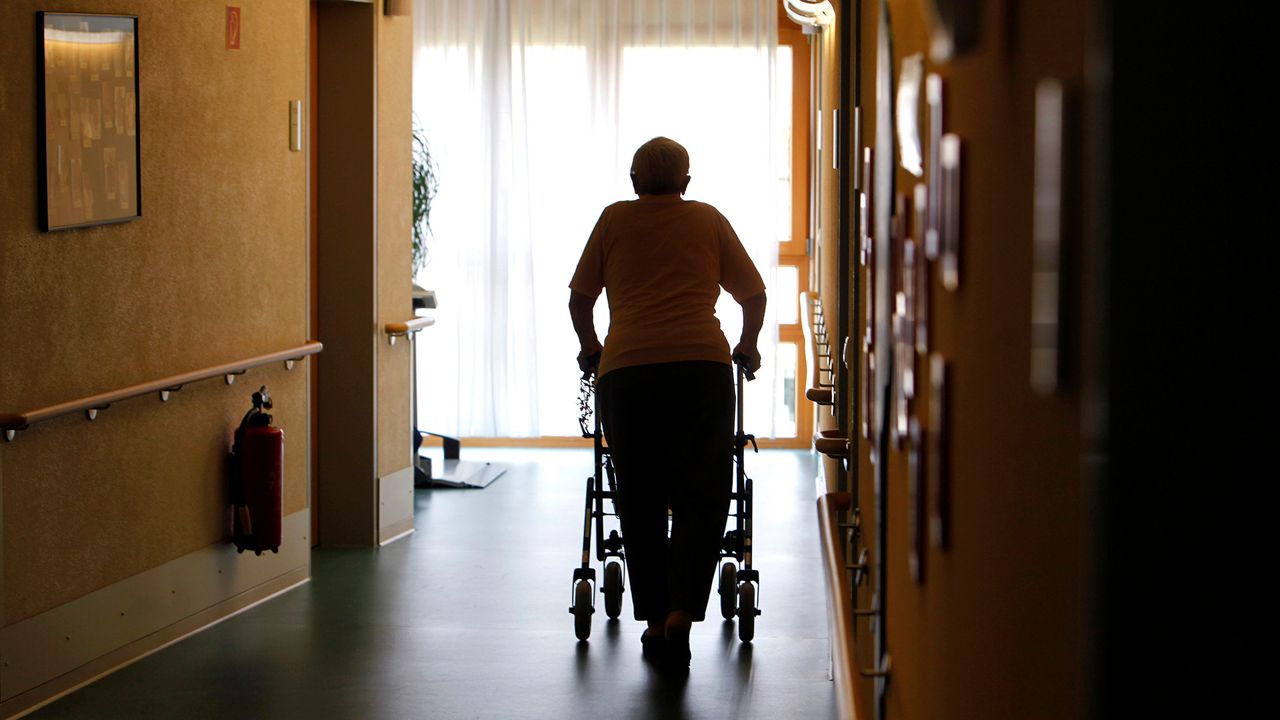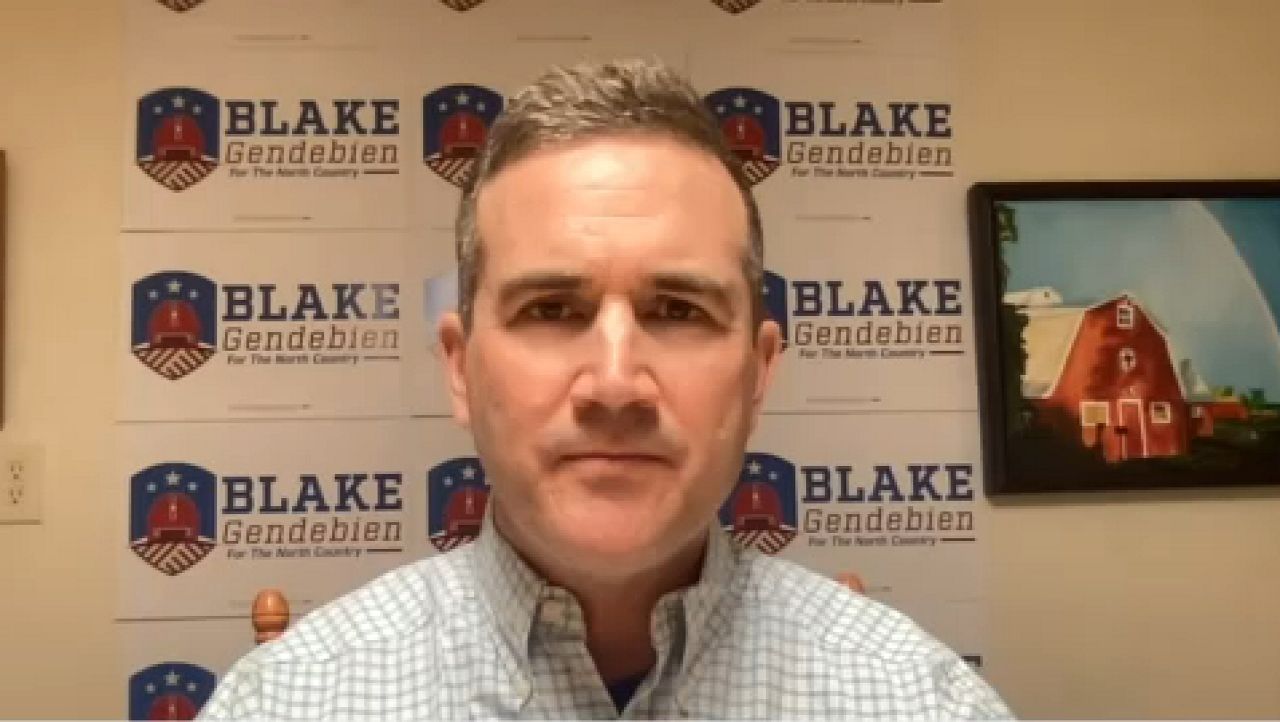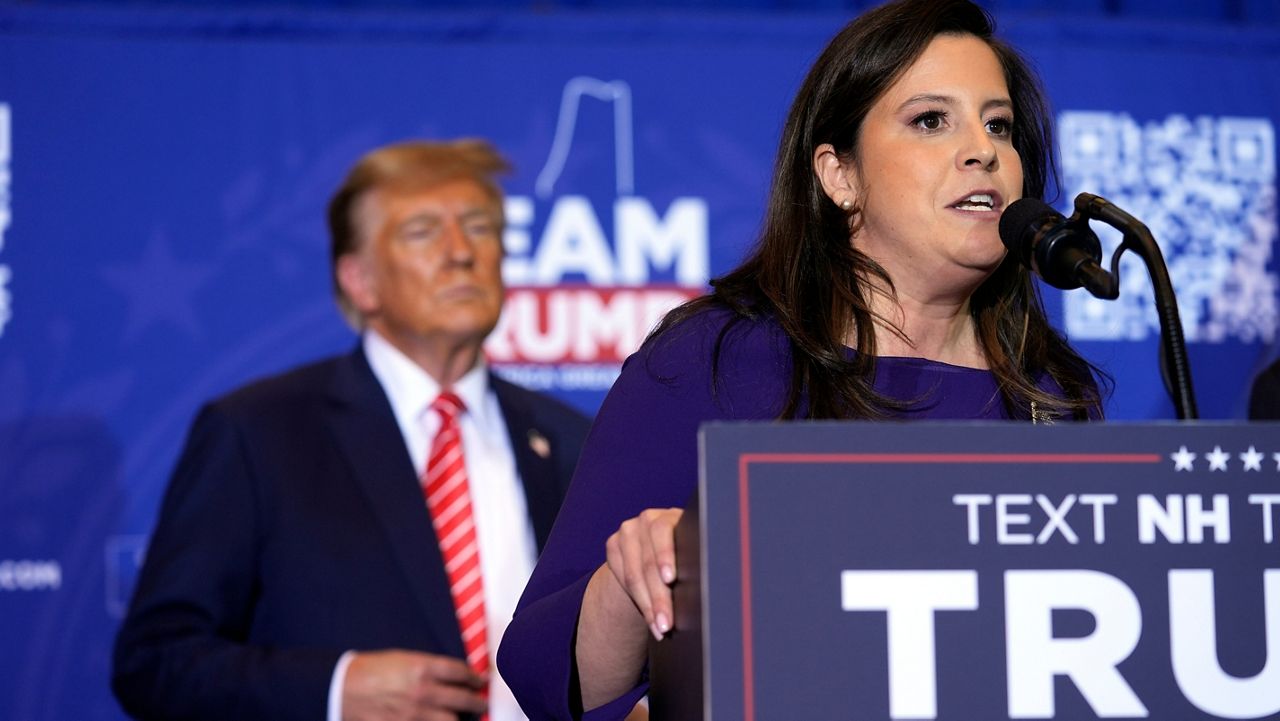The New York state Public Campaign Finance Board has certified 329 candidates this election cycle for the state's new matching funds program.
It went into effect Nov. 9, 2022 but the upcoming elections will be the first in which candidates can put the money to use. State Board of Elections Director of Public Information Kathleen McGrath said they had to register a committee, apply and be certified by Feb. 26 in order to qualify this year.
"We're very pleased with the participation, especially in its inaugural year. We have a good cross-section of incumbents and challengers, folks from upstate, downstate, Democrats, Republicans, so it's really got a groundswell of support from all over the state," McGrath said.
Candidates are not required to claim the money but can receive up to a 12-1 match for the first $5 to $50 they receive from individuals in their districts. The ratio decreases on a tiered scale for individual contributions up to $250.
McGrath said candidates have already begun submitting claims.
"Depending on when they registered, they've at least had a January periodic report due this year as well as a March periodic. They also, as we get closer to Election Day, have the opportunity to submit weekly claims but the first payment issuance date for the primary election is May 13," she said.
New York State Public Interest Research Group was one of the organizations that promoted the legislation. Executive Director Blair Horner said the group is also pleased with participation thus far.
He said it should not only minimize the influence of wealthy donors on politicians and policy but allow for more competitive races.
"I would think if I was a challenger, the idea that small donations can be matched with public resources would be a major selling point, something that I would like," Horner said.
He said while some elected officials are already proposing changes, NYPIRG would like to see a review of the program after the election is over.
"A rational approach to this in terms of policy-making because inevitably there are going to be things that are a problem would be for both houses of the Legislature to convene hearings right after the elections are over, bring in the state Board of Elections, bring in those who had to administer the program at the local level, the candidates, and air out how the program worked and then make whatever recommendations are necessary to improve the program," Horner said.
McGrath said there are roughly 55 PCFB staffers already auditing claims and the state has authorized more positions if necessary. The governor asked for $100 million in her budget proposal for the payments, as well as another $14.5 million for staff, administration and software.
"The Assembly accepted that," McGrath said. "The Senate actually added about another $820,000 on top of that so we feel confident in the budget proposals and the funding for what's going to be going out the door."
She said it is difficult to predict the maximum payouts this year because candidates have to qualify for the ballot before they can receive public funds. The new law also reduced contribution limits for individual donors.










